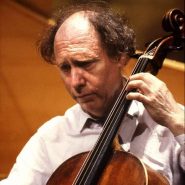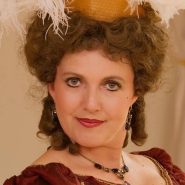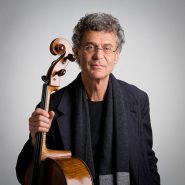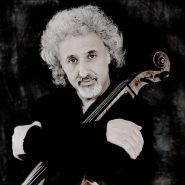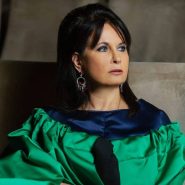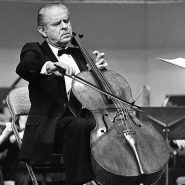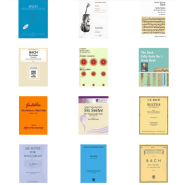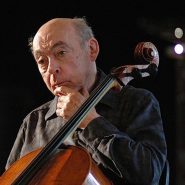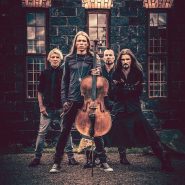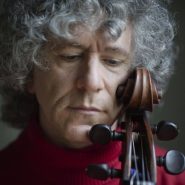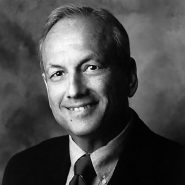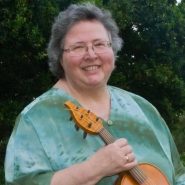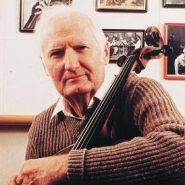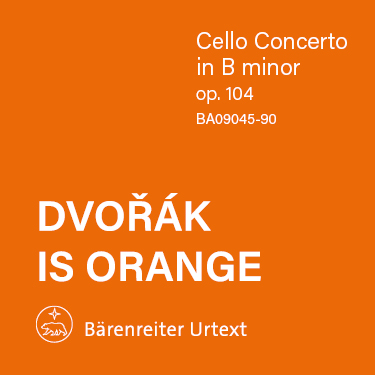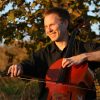
Author: Tim Janof
Tim Janof was Editor for the Internet Cello Society for over twelve years, where over 100 of his articles and in-depth interviews of world-renowned cellists were published. He is the past President of the Seattle Violoncello Society and a former cello instructor at Music Center of the Northwest. He has had articles published in American String Teacher and Strad magazines and was featured in Strings Magazine. He was a featured speaker at the American String Teacher Association’s 2015 National Conference, University of Iowa’s Cello Daze, and Central Washington University’s Cello Celebration. Ovation Press has published several of his cello compositions, including Rondo in Blue (for cello and piano) and V&T Blues (for flute and cello). His cello teachers include Toby Saks, Eva Heinitz, and Cordelia Wikarski-Miedel.
By Tim Janof August 7, 2023
By Tim Janof March 2, 2022
Subjects Historical, Repertoire
By Tim Janof February 14, 2022
By Tim Janof January 31, 2022
By Tim Janof January 17, 2022
By Tim Janof December 29, 2021
By Tim Janof December 15, 2021
By Tim Janof November 30, 2021
By Tim Janof October 11, 2021
By Tim Janof September 27, 2021
Subjects Interviews
By Tim Janof September 13, 2021
By Tim Janof August 30, 2021
By Tim Janof August 15, 2021
By Tim Janof July 29, 2021
Subjects Interviews
